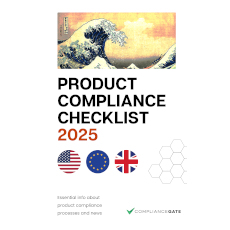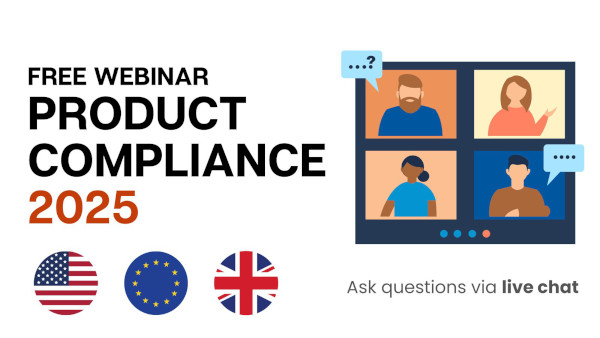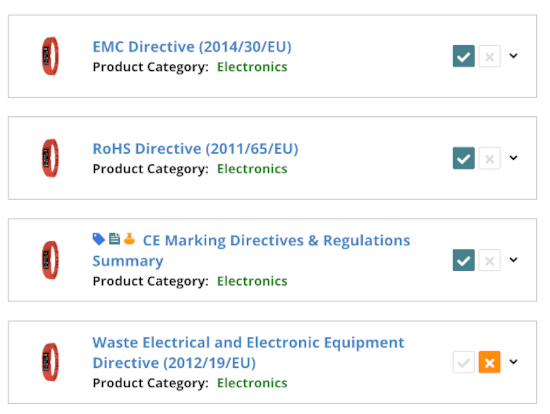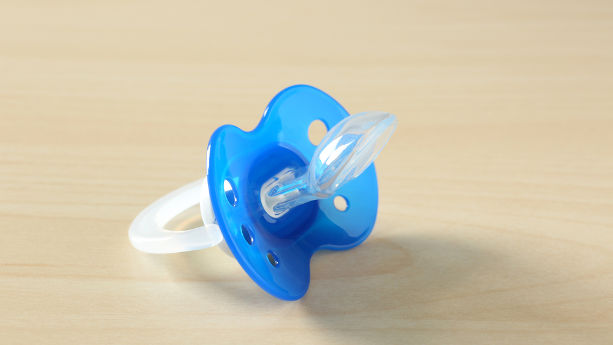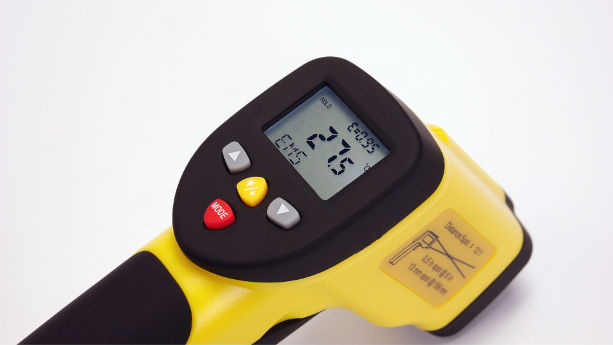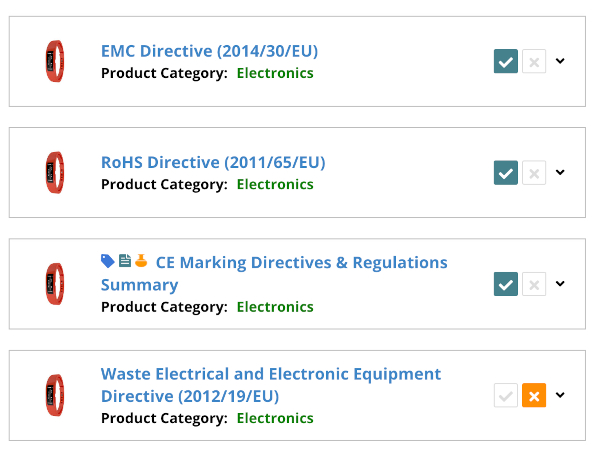
The Medical Devices Regulation covers both products that have a medical purpose, and products without an intended medical purpose – for example coloured non-corrective contact lenses. Additionally, medical devices are divided into different classes, according the risk level. Hence, the requirements vary depending on the class of the device.
It is therefore important to understand if your product is covered by the Medical Devices Regulation and, if so, under which class it belongs.
In this guide, we list examples of products covered by regulation, ordering them by type (e.g. invasive devices), and class (e.g. Class I).
Product List Creation Methodology
1. The product examples listed in this guide are taken from section “4.2 General explanation of rules/practical issues/examples” of the “Guidance on classification of medical devices” that is available on this Guidance page.
a. The product categories listed in this guide (e.g. Non-invasive devices) are taken from the headlines and sub-headlines available in section 4.2.
b. The product examples (e.g. wheelchair) are taken from the tables available in section 4.2.
c. We have sorted the products by class of medical devices (I, IIa, IIb, III), according to the information that is provided in the tables available in section 4.2.
2. The last section of this guide (Groups of products without an intended medical purpose) is an exception.
In this case, we have taken the product examples (e.g. Short-term use coloured non-corrective contact lenses) from section “4 Classification” of the “Guidance on qualification and classification of Annex XVI products – A guide for manufacturers and notified bodies” that is available on the Guidance page linked above.In
this case, the products are sorted by class, according to the information available in section 4 of the document.
3. Note that the list below is not exhaustive and only provides examples. You can consult the guidance documents for more information.
Continue reading Products covered by the Medical Devices Regulation: An Overview


